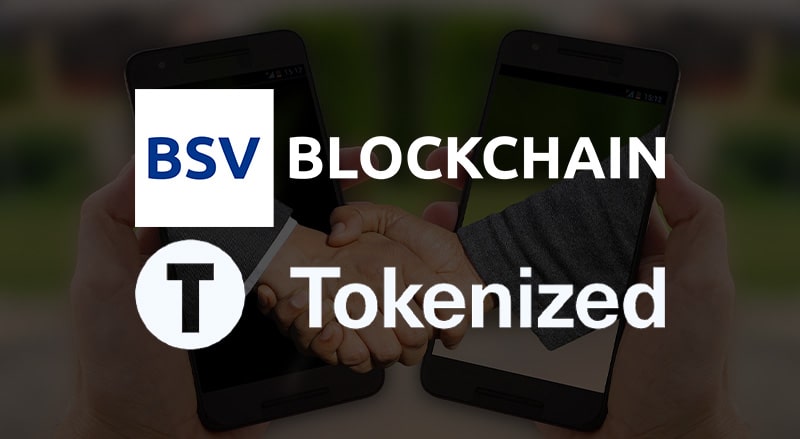Smart contracts are set to open a new paradigm in the world of contracting and asset servicing, says James Belding, Co-Founder & CEO of Tokenized. Tokenized is an award-winning all-in-one tokenisation solution for institutions, government agencies, enterprises, and individuals.
A smart contract utilises a software agent to interpret and enforce certain terms and conditions, as well as automate administrative tasks such as managing transfer requests and updating ownership registries, as well as enforcing rights and managing governance proceedings. This approach results in significant efficiency gains, and a better user experience, across the lifecycle of the contract.
Speaking at the recent Unbounded Capital Summit held in New York, Belding took the stance that tokens are largely overhyped – a bold move for a company called Tokenized.
‘I think it is really important to drill down into what the value proposition is. What is the business value, how are people going to benefit from this, and why is this going to persist into the future?’
‘Most of what is ascribed to tokens today is not correct. It has been caught up in mania, misnomers, misunderstandardings and poorly conceived concepts. However, I think the big value proposition is in smart contracts,’ he said.
Tokens are a tool
Belding said that tokens are ultimately just a subset of smart contracts and a tool that can be used to denote who owns what. By comparison, Belding said that smart contracts can unlock a 10X improvement in contracting in the private markets.
‘Smart contracts are the digital transformation of contracts such as legal agreements, clauses and the like. There is also a codification element so that you can structure and standardise around certain concepts.’
‘This leads to quicker contracting, less risk when contracting, and easier and more novel insights that weren’t possible before. The target market here is really the private market.’
Digital contracts in public vs private markets
While the public market has seen digitised contracts for some time, Belding noted that private equity markets have the most to gain from a shift to smart contracts.
He added that contracting within these markets is poorly digitised – leading to a costly, complicated and slow process. These inefficiencies hinder capital formation, asset services and secondary market liquidity.
Tokenized aims to address this through its smart contracting platform that utilises blockchain technology to vastly improve record keeping in financial markets. Belding noted that this platform uses the BSV blockchain as a base layer for all recordkeeping.
“So all the records of consequence, including contract details, terms and conditions, governance, administration and amendments are all stored on the Bitcoin ledger through its timestamping functionality.
‘This means you get no political risk at the data layer, there is no jurisdictional risk, and there is no organisational risk,’ he said.
The ultimate goal is to improve customer experience
Belding said that the paradigm shift to smart contracting will really be felt and seen at the user experience level. He noted that across government organisations, multi-billion dollar companies and other large institutions, drafting and preparing contracts is still ultimately done in Microsoft Word, Excel Spreadsheets and a handful of other software applications.
By comparison, Tokenized aims to take all of these applications and consolidate them into a single platform where every piece of data has a single source of truth – a true 10X solution. This not only offers far greater efficiency but gives users access to tools far beyond just a single application, he said.
Some of the other benefits offered by Tokenized include:
- A desktop and mobile app;
- A ‘no-code’ smart contract engine;
- The ability to have a fully legal agreement encoded into a smart contract;
- Atomic swaps: Allowing for near-perfect P2P trades.
Belding also highlighted some of the more novel use cases for the platform outside of the more traditional business contracts, including patent licences and royalty payments.
